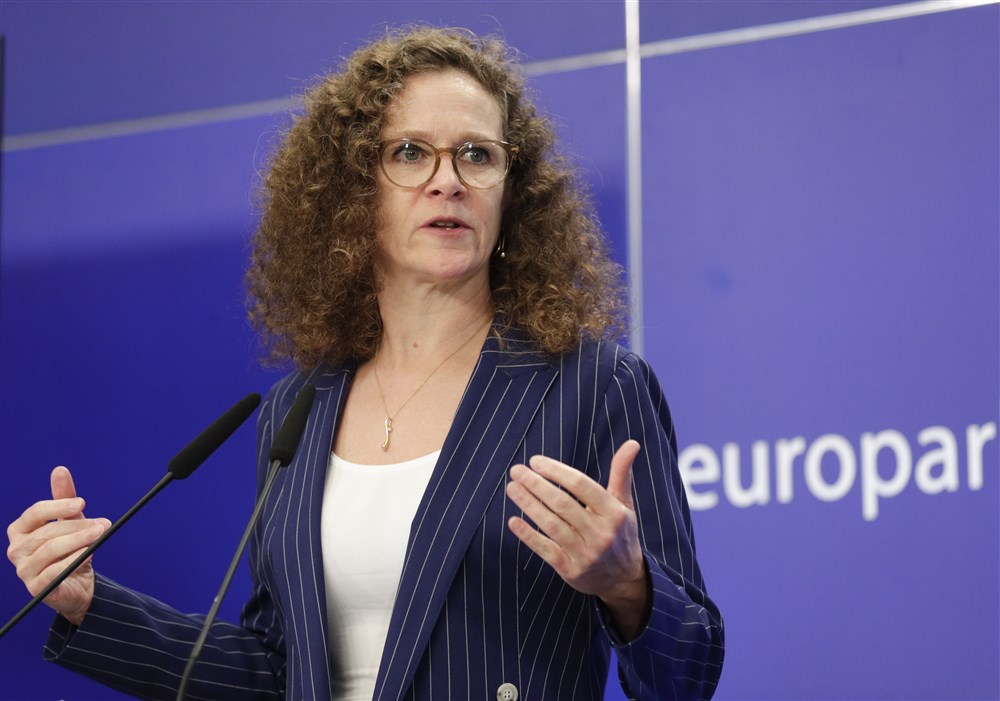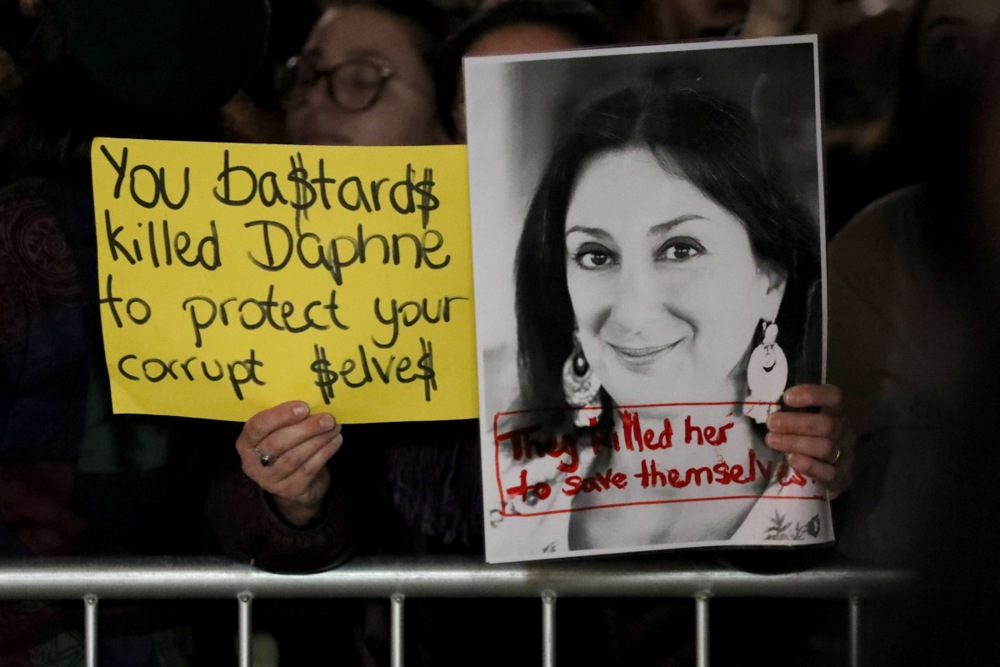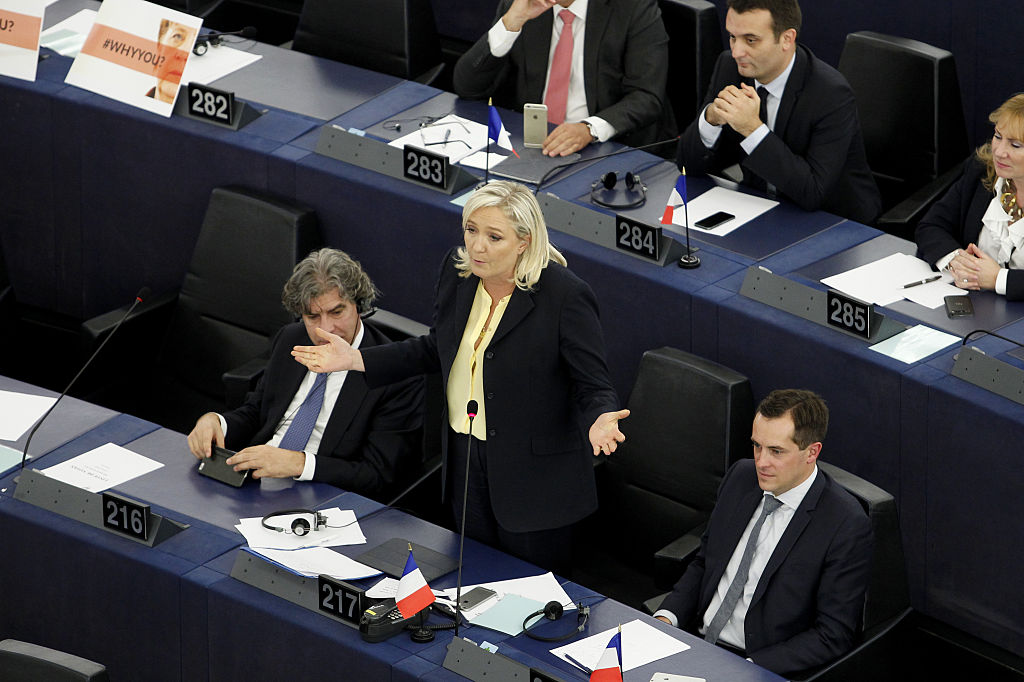The EU is closer to adopting new rules on political advertising aimed at limiting foreign influence, particularly from Russia.
The European Parliament and the Council reached a provisional agreement Monday to harmonise rules for political advertising across the EU, and make the industry more transparent.
Under the new rules, political advertising will be marked with a clear label. The labels will offer information on who funded the advertising, and how much they paid.
The rules will “make it harder for foreign actors to spread disinformation and interfere in our free and democratic processes,” says Sandro Gozi, the MEP responsible for the legislation in the European Parliament.
They will come into effect 18 months after they are approved, “in time for the next European Parliament elections”, Gozi adds.
The EU Council will now conduct a technical review before the proposal goes to the European Parliament for a final vote.
The new regime will encourage “an open and fair political debate” across the EU, based on “objective, transparent and pluralistic information”, says Gozi.
Political advertising will need to take account of the right to privacy, Gozi adds.
The rules have met with mixed responses from the political communications industry.
The deal “still leaves vague language unaddressed, which risks making harmonised implementation difficult”, says the Computer Communications Industry Association, a trade association representing communications and technology firms.
Personalised ad targeting lets users “receive advertising that is actually relevant to them, while keeping electoral campaigns affordable”, it says.
The new rules “significantly impact the current model, and risk undermining the ability to have meaningful electoral debates online”, adds the trade body.
The body says it supports greater transparency and election integrity, but warns about “creating a confusing framework that would negatively impact political campaigns”.
Political advertising is defined as covering the preparation, placing, promotion, publication, delivery and distribution of “communications” by “political actors”.
These communications need to be designed and liable to influence either voting behaviour, or the outcome of elections, referendums, or legislative or regulatory processes at any level.
Purely private and commercial actors do not fall under the rules. Neither do political opinions, opinions in one’s personal capacity, or editorial content.
In principle, NGO communication is outside the scope of the regulation, an EU official told Brussels Signal.
However, if an NGO employs a service to prepare and disseminate political advertising for it, then “the service provider will need to comply with the transparency rules of the regulation (i.e. labelling and transparency notice),” says the official.
An NGO also needs to respect the regulation’s data protection rules when they target and amplify messages that fit the criteria of political advertising.
The tentatively agreed standards also include strict restrictions on targeting and strategies. The EU bodies want to include a ban on using children’s data.
Online political advertisers can only use personal data for targeting if the subjects provide the information explicitly and separately consent to its use.
The targeting rules will prevent “abusive use of personal data to potentially manipulate voters”, say EU officials.
The new rules will prohibit using certain types of personal data for profiling, like information about a person’s political beliefs or ethnic origin.
Labelling political advertisements “aims to make it easy for citizens to recognise political advertisements, understand who is behind them and whether they have been targeted with political adverts so that they are better placed to make informed choices”.
To thwart foreign meddling in elections, third-country sponsors will not be able to use advertising services for the three months before an election or referendum.
If national regulations are more stringent, those will apply. Within the EU, internal market rules will apply to election advertising providers.
The Commission will set up a European public database for online political advertisements, which will consolidate information about online advertisements and make it readily accessible.
The regulation promises to safeguard “use of personal data in the context of political targeting to protect the democratic process”, says EU justice commissioner Didier Reynders.
“Fair and transparent elections are the bedrock of democracy,” adds Reynders.





